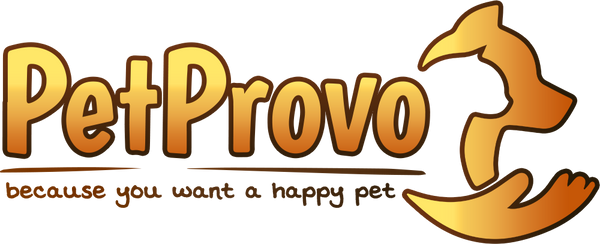Deworming Your Pet: A Seasonal Guide
PetProvo Main
DEWORMING ESSENTIALS
Deworming is an essential part of your pet's healthcare routine. These pesky parasites can cause a range of health issues, from digestive problems to stunted growth. While it's crucial to deworm your pet year-round, certain seasons can pose higher risks. Let's dive into the importance of deworming and how to tailor your pet's treatment to the changing seasons.
Understanding the Importance of Deworming
Worms can be contracted in various ways, including through contaminated soil, water, or by consuming infected prey. Symptoms of worm infestation can vary but often include:- Diarrhea
- Vomiting
- Weight loss
- Dull coat
- Lethargy
- Pot-bellied appearance
Regular deworming helps prevent these issues and keeps your pet healthy and happy.
Seasonal Deworming Tips
-
Spring: As the weather warms up and your pet spends more time outdoors, the risk of worm infestation increases. Focus on preventing roundworms, hookworms, and whipworms, which are commonly found in soil and vegetation.
-
Summer: With increased outdoor activities, ticks and fleas become more prevalent. While these aren't worms, they can transmit other parasites like tapeworms. Ensure your pet is protected with appropriate flea and tick prevention.
-
Autumn: As the weather cools down, the risk of worm infestation might decrease, but it's essential to maintain a regular deworming schedule. Consider deworming your pet every three months as a general guideline.
-
Winter: Although your pet might spend less time outdoors, it's still important to continue deworming, especially if you have indoor plants or if your pet goes to daycare or boarding facilities.
Choosing the Right Dewormer
The best deworming product for your pet will depend on their age, weight, lifestyle, and the specific type of worms they are at risk of contracting. Consult with your veterinarian to determine the most suitable option for your furry friend.Prevention Tips
-
Regular stool examinations: These can help identify worm infections early on.
-
Good hygiene: Wash your hands after handling your pet's feces and avoid letting your pet eat feces from other animals.
-
Proper waste disposal: Pick up after your pet to prevent the spread of worms.
-
Cleanliness: Regularly clean your pet's bedding, food and water bowls, and toys.


